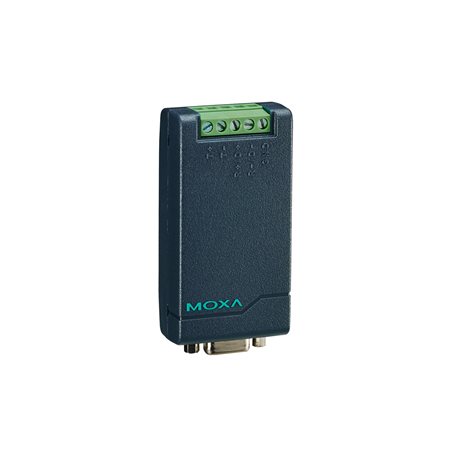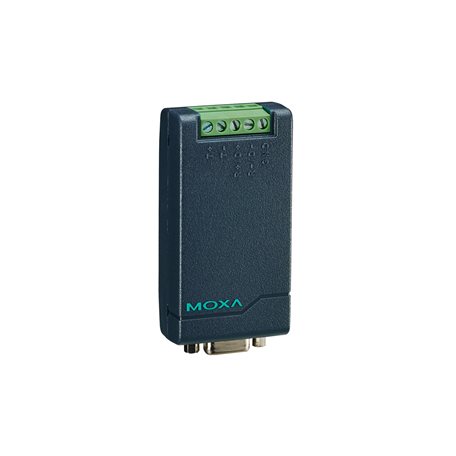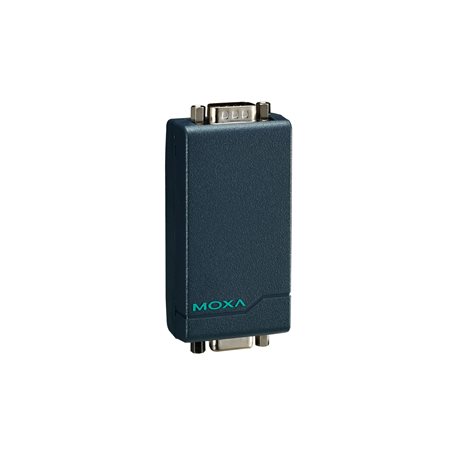MOXA TCC-80/80I Series Introduction
The Moxa TCC-80 and TCC-80I series resolve different tasks of professional RS-232 signal conversion to RS-422/485 and integration for industrial applications requiring robust serial-to-serial communication. Such Moxa serial converters will be of great use for industries like Factory Automation, which require reliable data transfer. The series ensures glitch-free communication between legacy serial devices and modern systems to extend industrial edge connectivity. These RS-232 to RS-422/485 converters are simple, solid, and easy to install, with minimal maintenance. The main features of the Moxa TCC 80 series and Moxa TCC-80I include automatic data direction control and automatic baud rate detection, which extend the field of their application in various types of configurations. From demanding environments to standard connectivity tasks, Moxa TCC-80 converters have been performing reliably in versatile functionalities and hence are always at the top of the list for industries looking for reliable industrial serial to serial converters.
MOXA TCC-80/80I Series Features
There are several similar aspects between the TCC-80 series and the TCC-80I series. They support RS-422 and both 2-wire and 4-wire RS-485 communication; automatic data direction control provides reliable operation. Besides, they have 120-ohm termination resistors upon request and an LED port power indication for easy monitoring. Both series have two options for connection: a terminal block connector or a DB9 male connector, which makes it versatile to suit different installation situations. The TCC-80I devices stand out with their 2.5 kV isolation protection against electrical surges and noise not found in the regular TCC-80 models. This model, TCC-80I-DB9, allows increased protection to 2 kV of isolation. Operating in a 0 to 60°C temperature range with a plastic top cover and a metal bottom plate housing, IP30 protection is provided. The converters of the Moxa TCC 80I series are designed for desktop installation and meet the needs of highly isolated, protected applications, while the TCC-80 is much more suitable for applications where simple RS-232 to RS-422/485 conversion is needed.




